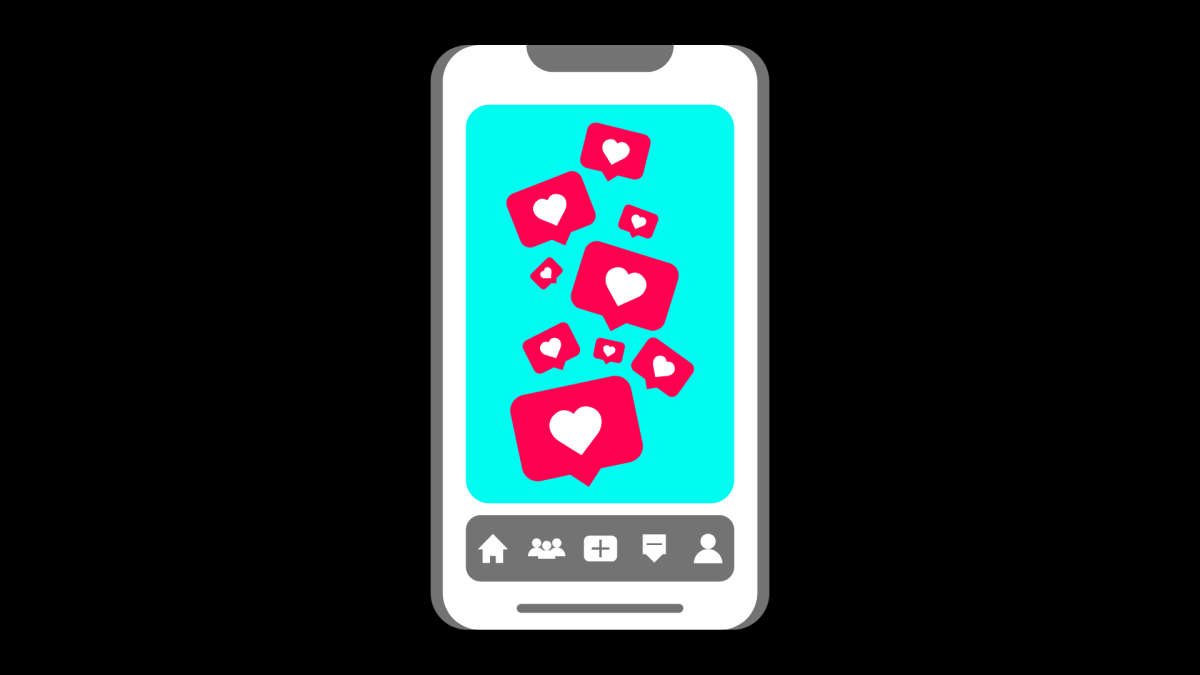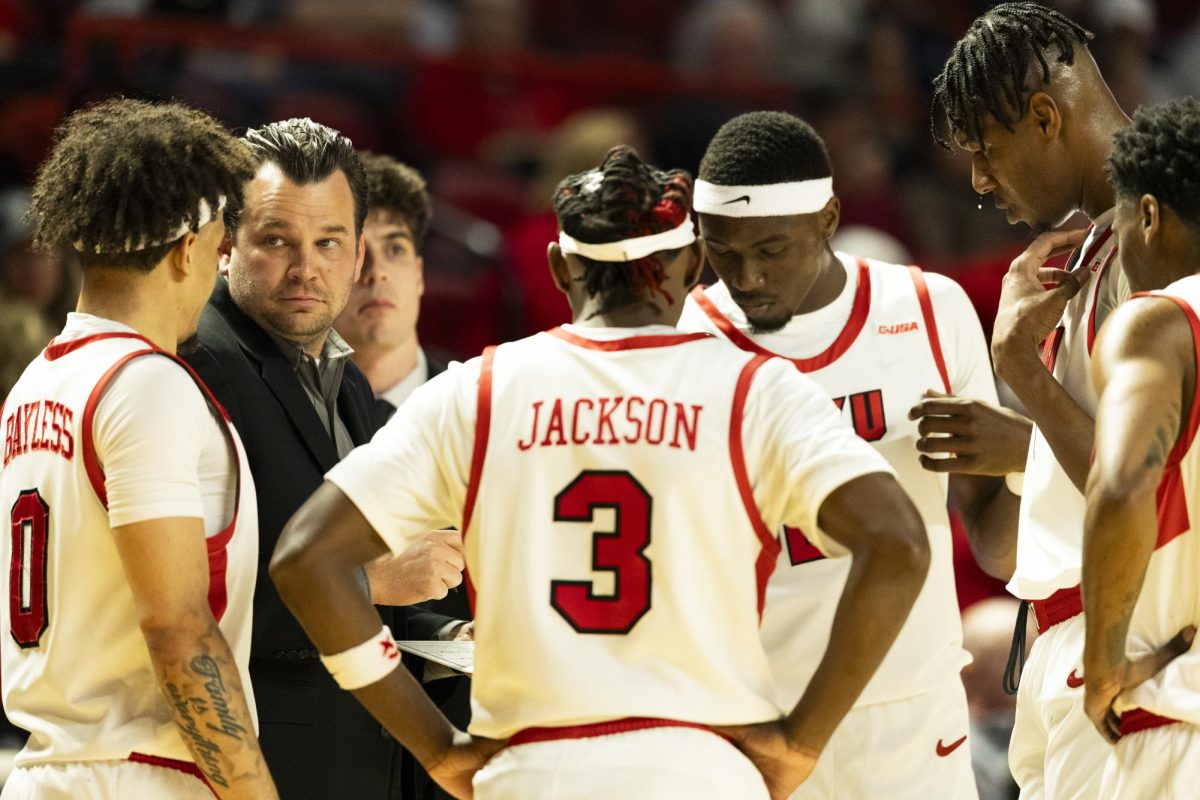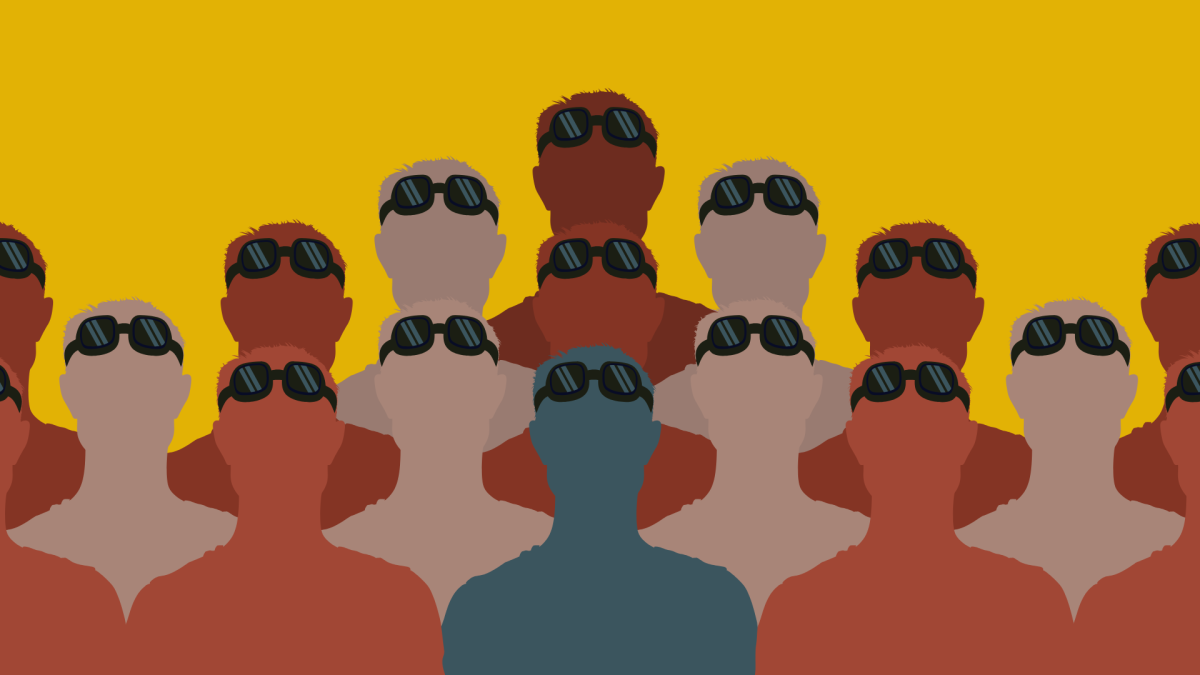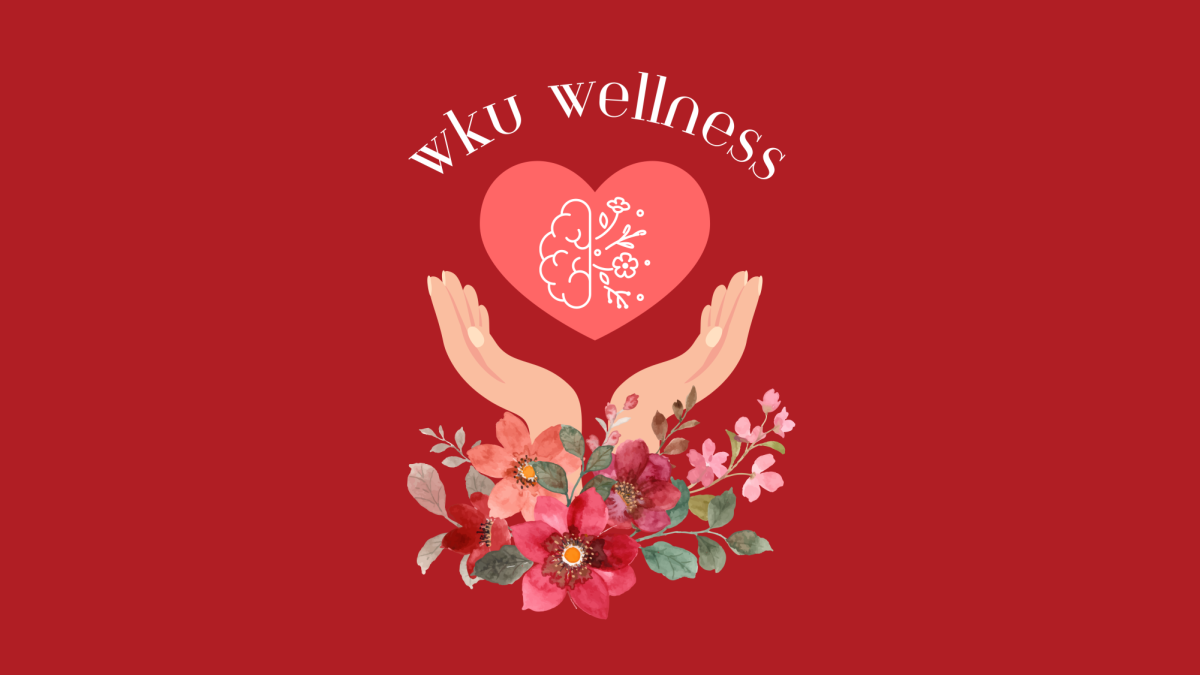Editor’s note: This story will be updated as more information about the possible Jan. 19 TikTok ban becomes available.
Editor’s note: As of Jan. 17, the Supreme Court has upheld the law requiring the ban of TikTok. However, officials close to Biden have said he would not enforce it and leave it to the Trump administration.
A possible TikTok ban from American cell phones has been floating around since July 2020, when former President Donald Trump first announced he was considering the ban.
In 2024, the ban’s potential became very real when President Joe Biden passed a bill, leaving TikTok owner ByteDance the choice to either sell the app or have it banned from the United States.
ByteDance also operates apps Lemon8 and Capcut, whose futures may also be at stake.
With the Jan. 19 sell-by deadline approaching rapidly, and the case sitting in the Supreme Court, TikTok users are becoming more and more concerned that the ban will become a reality.
The TikTok ban means many different things for Americans.
The biggest issue would be the loss of information and freedom of expression the social media app hosts. A study by Forbes found that 62% of 18-24 year olds use TikTok as their primary source of information – beating Google.
The pure amount of information that the younger generations have access to on TikTok is not something that can be taken lightly. For many, it is their primary way of getting information about politics and current events.
I heard about many events through TikTok myself. It was the first place I heard about the current wildfires in Los Angeles and saw real-life people documenting the destruction it has caused to their homes. It was my first time hearing about people’s insurance dropping them just before the fires.
TikTok was the first place I learned about Luigi Mangione, and where I often heard the most information regarding his ongoing trial.
For many, TikTok was the first place they ever heard about the COVID-19 pandemic, and it gave users a safe space to express their fears and concerns leading up to and well through lockdown.
Saying TikTok is single-handedly giving its Gen-Z users a platform to discuss some of the biggest events in the nation’s history is not an absurd claim to make. No prior generation has had the opportunity to connect with each other no matter their location– and TikTok allows for so much of this connection.
Many young Americans find TikTok to be the realest of all forms of media. Its ability to let people share the circumstances affecting their lives and their country in such a free way is unmatched. People are so much more open to voicing their opinions and fears on TikTok than on any other social media platform due to the close-knit community the app creates for its users based on its algorithm.
The ban also affects many users’ creative freedoms. Many users use TikTok to express their freedom of speech and feel that the ban is a means of suppressing that.
In addition, many small businesses get a lot of their business from TikTok.
The massive amount of advertising potential TikTok has for these small businesses is not as easily mimicked on other social media platforms.
As someone who has used TikTok almost daily for over a year now, this ban is upsetting. It was not just a place to mindlessly scroll. It was a place to find new crafts to try, or new recipes to cook up. It was a place I could go to find people who enjoyed similar interests as myself.
To have it banned now does feel as if it broaches on one’s freedom of expression. It feels as if the government is limiting the power of the people.
The fast-acting nature of the law, and the swiftness of which the Supreme Court is expected to decide, also raises other eyebrows.
Many have noticed far more pressing matters have fallen on deaf ears up on Capitol Hill. Issues such as the increasing school shootings in the States, and the Israel-Hamas War, are far more important, yet have had no bills move as quickly to aid in these conflicts.
The seeming concern for something such as TikTok, while nothing is done for issues such as gun violence, has many people upset with the government.
However, not everybody is upset about the TikTok ban.
Many experts have been debating the negative effects of TikTok on attention spans for years now, citing a decline in the time children can pay attention in direct relation to their time spent on TikTok.
While some people see the TikTok ban as a strike to their First Amendment rights, others see it as an opportunity to connect with the outside world again.
With the upcoming ban on TikTok, many users are searching for other sites to host their content. Many popular alternatives are floating around, such as Instagram Reels and YouTube Shorts.
One of my favorite alternatives is a female-founded app called Neptune, which is set to be released sometime in the spring.
However, the most interesting alternative app is not one commonly used in the United States. The majority of its users come from China.
Xiaohongshu, or RedNote, is a Shanghai-based social media app that recently flew to #1 on the Apple App Store. Many Americans are flocking to what has been referred to as the “Chinese version of TikTok”.
I downloaded the app myself, and after playing around with it I found it to be a combination of TikTok, Pinterest and Instagram. I noticed the algorithm quickly picked up on what I liked, and the layout was similar to Instagram. The aesthetics of the app and the users were very reminiscent of Pinterest.
I came across numerous heartwarming videos of Mandarin speakers sharing how to say some simple phrases and English speakers doing the same.
With its country of origin, it’s purely speculation if RedNote will face the same fate as TikTok, or be left alone.
Massachusetts Senator Ed Markey introduced the Extend the TikTok Deadline Act on January 13 which would provide ByteDance an additional 270 days to either sell or have TikTok banned.
With a new bill in the Senate and the Supreme Court set to make a decision soon, users on TikTok are currently biding their time, waiting for their favorite app to sunset or be saved.
Commentary Writer Emma Hardesty can be reached at emma.hardesty162@topper.wku.edu.







